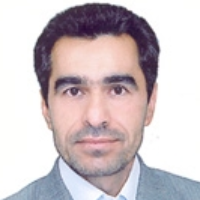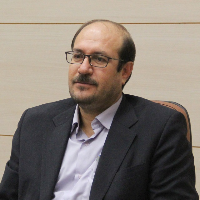Theoretical conceptualization of the fragile city and presentation of its measurement dimensions and indicators using a metacomposite approach
problem statement:
Fragile city is actually a new concept and describes cities that do not have the necessary ability to manage the city and provide services to citizens. The concept of "fragile city" has emerged as a new analytical framework to describe emergency situations in the new era, and this new concept is a tool for understanding inequalities and conflicts in urban environments. In fact, a city is considered "fragile" or "failed" when it is not successful in performing its main functions and duties and is highly vulnerable in political, economic, environmental and social fields. The quick return to the conditions before fragility has been called "resilience" and resilience considers its main mission to reduce the "fragility of the city" and "to be able to return as soon as possible and with minimum disturbance and maintain competence".Target:The current research was conducted with the aim of conceptualizing the fragile city and determining all its indicators.
Documentary research method is using interpretative approach and systematic method, and the statistical population of research articles published about Fragile City in scientific journals in the period from 2010 to 2022 is 143 articles based on the title and content analysis of the articles. 641 articles were selected and the data was coded based on the strategy of content analysis using Max Kyuda software and based on the "two coder" index to evaluate the reliability and quality control of the findings with 0.94 excellent agreement between the two evaluators. became
Based on the reviewed articles, along with the full definition of the fragile city, the dimensions of urban fragility including economic, social, political and environmental and their indicators were determined.
Considering the definition of fragility and its dimensions, the present research can provide an opportunity to identify the causes of fragility in cities and provide solutions to solve it.
-
Measuring the Attitude of the Host Community toward the Development of Tourism in Arid Regions reas (Case study: Tabas County)
Mohammadreza Rezaei *, Saeid Sajedi
Journal of Tourism Management Studies of the Smart Era, Spring-Summer 2025 -
Spatial Analysis of the Historical Development of Yazd City Based on the Location of Mosques
Moslem Ghasemi, Mohammadreza Rezaei *, Fatemeh Porsoltani
Journal of Sustainable City, -
Identifying the Key Derivers Affecting the Unified Urban Management using Future Study and Senario-Based Planning (Case Study: Qom City, Iran)
Sayed Ali Hosseini, , Zohreh Hadyani *
Journal of Geography and Urban Space Development, -
Identifying and analyzing the key drivers affecting the prosperity of Yazd city with a Futures Studies approach
*, Masoud Chharrhi, Somayeh Rahdarpoodine, Fatemeh Tilkoy Bage Jan
Journal of Urban Social Geography,



